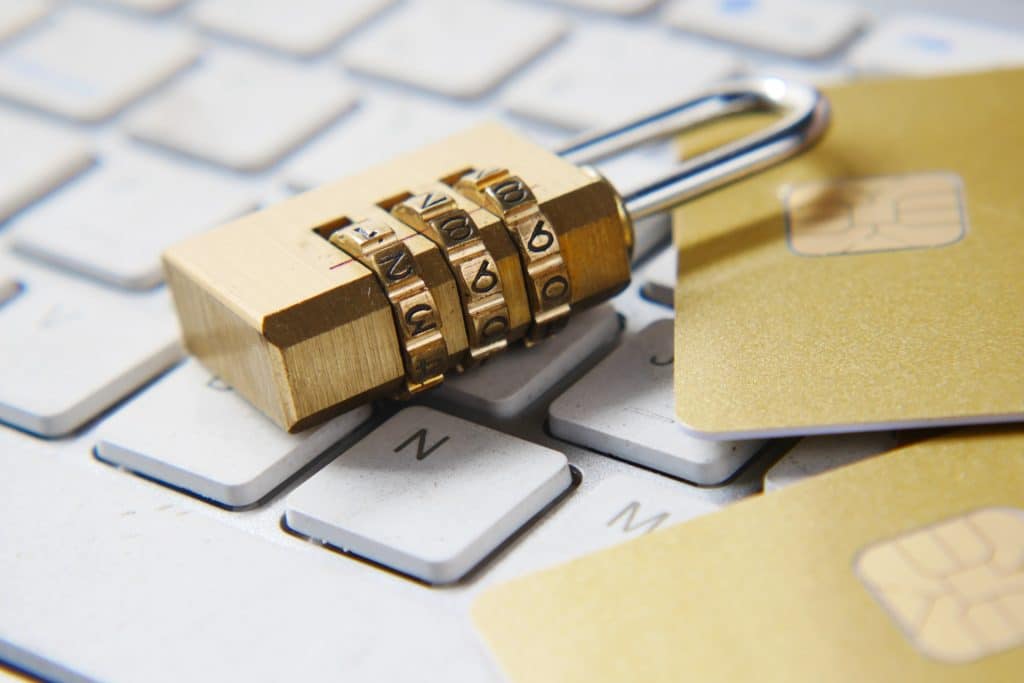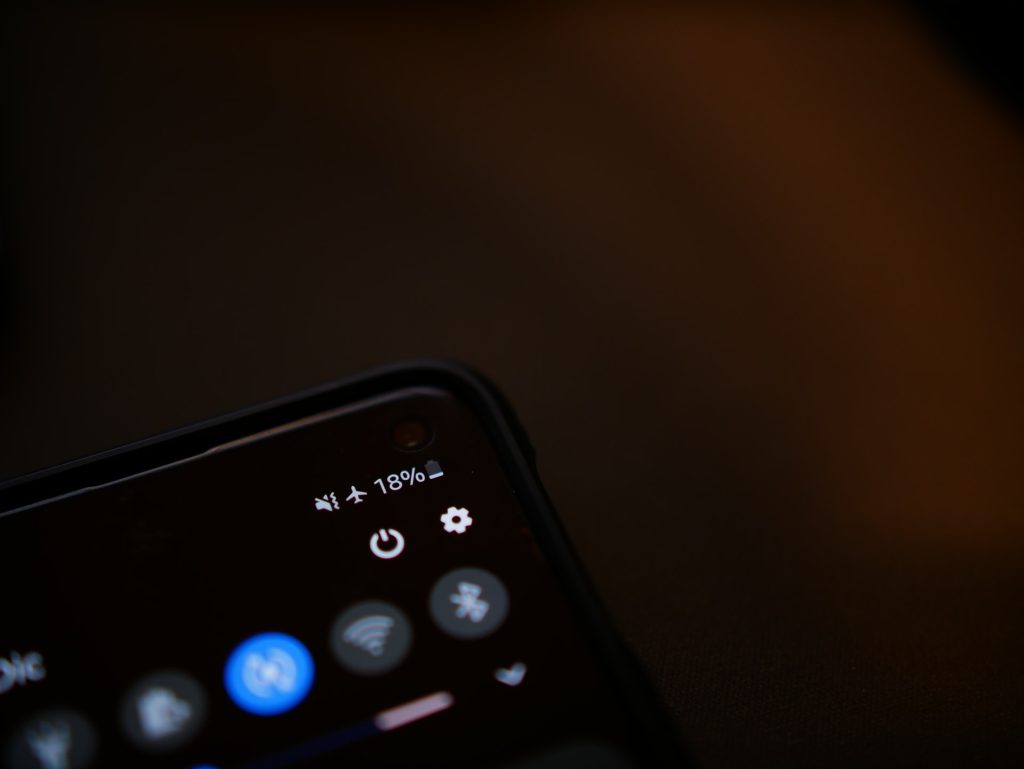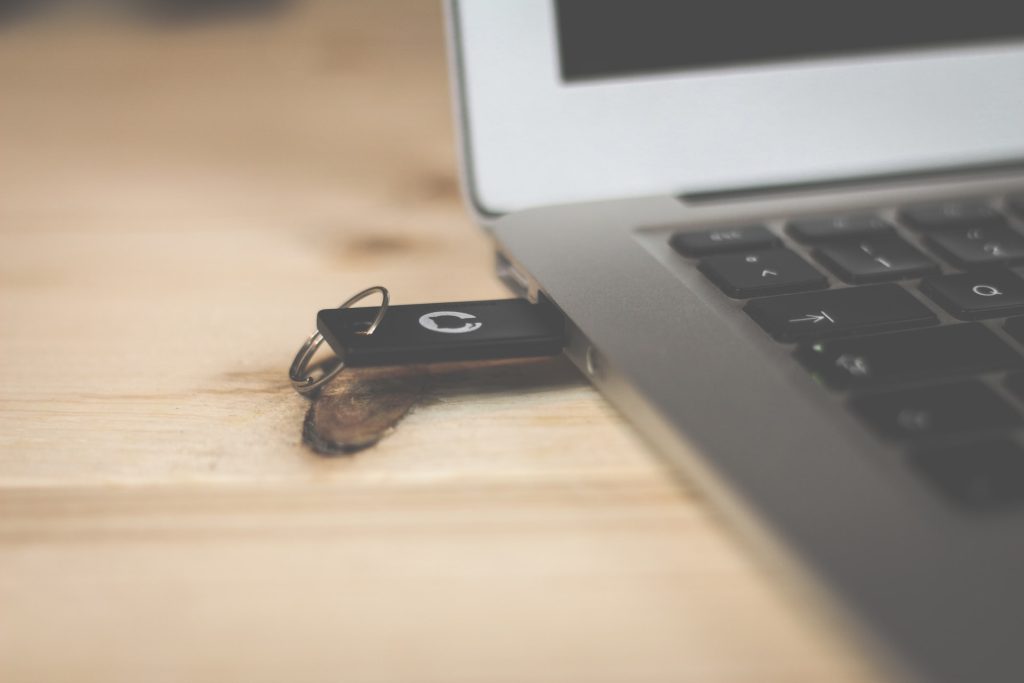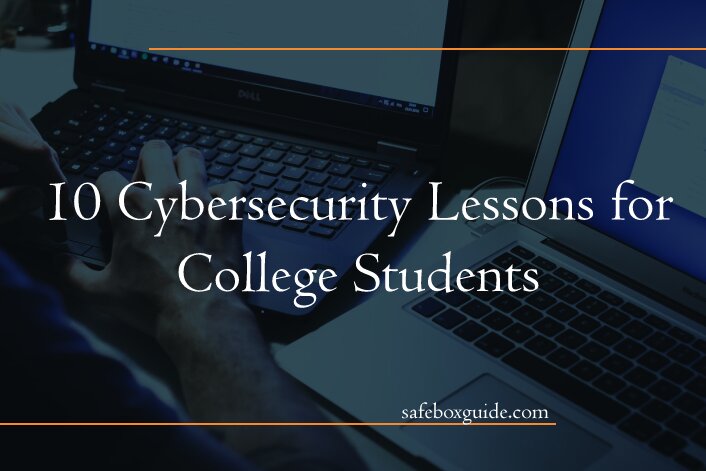What is cybersecurity? This word has ceased to be just a notion for IT experts. Nowadays, cybersecurity penetrates many spheres of life, especially those closely related to personal information.
Whether you are a student of online courses or a remote worker, you must be aware of possible threats to your data. It seems as if many students are unaware of their online safety. Moreover, even when the pandemic led to the shift to online learning, they did not become more attentive to their security.
Of course, representatives of Generation Z consider themselves experienced computer users. They are used to online shopping, online communication, online homework, and even using a college essay writing service to simplify their lives. Even though such services are effective, it is necessary to remember the basic rules of using Internet resources.
This article provides valuable tips on the proper usage of electronic devices. Upon reading and employing those, one may develop new beneficial habits. Continue reading and make sure your online activity is safe!

Contents
5 Commandments
First and foremost, learn the following five lessons and use the guidelines daily. These serve as commandments in the IT-sphere.
- Use complex passwords and avoid choosing the same passwords for registration on online resources.
- Do not send photos and scans of your bank cards and personal documents to dubious organizations.
- Use licensed and antivirus software and update it regularly.
- Do not open suspicious emails in your inbox.
- Do not install applications from unofficial stores on your gadgets.
Now, when you’ve learned the basic rules, it is time to delve into details.
Think of Unique Passwords
Yes, today, everyone has millions of pages and email addresses. Yes, it is difficult to remember all the passwords ever used. But even more difficult is to restore stolen data. Why not use different passwords for all sources and be safe? All you must do is fix those codes somewhere on paper or in your notebook.
Purchase Licensed Software
Remember that using stolen software will never ensure its safety. Indeed, you never know who has managed to hack it. Moreover, who told you that a hacker only wanted to make money from you once?
Use Two-Factor Authentication
This technology is quite simple. To access an account, you need to enter a username, a password, and an additional code sent to a particular application. In this case, even stealing the password will not help an attacker log into the account.
Be Smart Using Social Media
This piece of advice may sound a bit wimpy for the younger generation. But do you know that everything you publish can be seen not only by friends? We share things on the Internet so often that we don’t think they can hack our online accounts.
![]()
Always Stay Incognito
It sounds like an instruction to a secret agent though it is a perfect way to avoid computer viruses. Do you know what cookies are? No, we are not talking about biscuits that taste good with milk. Cookies are traces that websites leave on your browser or device.
They are unique to each user, so it helps the website remember you and save your login information for the next visit.
Always try to choose only the essentials – this will entail the least possible consequences. And, most importantly, use incognito mode where possible. This will stop harmful cookies.
Do Not Use Public Wi-Fi
Perhaps, one of the most pleasant things for students is to have the opportunity to study not at home. Indeed, visiting a cafe and having a cup of coffee while working on the project seems like a perfect idea. But more and more people tend to make the same mistake in such co-working places. They use open Wi-Fi networks.
Try not to use public Wi-Fi when there is no urgent need. But if it seems necessary, then avoid doing anything confidential, such as logging into your bank account. If you regularly connect to public Wi-Fi, then use a good VPN.

Keep Your Devices Up-To-Date
This does not mean you must immediately buy the latest iPhone model. Just remember the following recommendation. When you receive an update notification for your device or one of your apps, please do not ignore it and install it as soon as possible.
Updates aren’t just about adding new features and functions. They also cover the elimination of vulnerabilities that attackers can use to access your system.
Block Your Laptop
Do it mainly if you are used to studying in co-working places previously mentioned. Or maybe you enjoy spending time in public libraries. Even the library has many distraction factors. Indeed, leaving your laptop for just two minutes to go to the vending machine can be potentially dangerous.
It is better to spend a few extra seconds unlocking your screen or logging in again than letting someone penetrate your system. Why let strangers mess up your settings, view your files, or install some malicious app that could spy on you?
Studying at the university entails a lot of group projects or other work performed in small teams. Of course, you will need to exchange files and information with your groupmates in such a case.
Still, remember that an unauthorized USB can be a disguised data-stealing device. Even your USB devices may not be secure enough, especially if you don’t have encryption enabled.

Make a Backup
Personal data, photos, and videos are meaningful sources of information that no one wants to lose. So, use cloud technologies not to miss it all one day. Backup is the easiest way to recover data after ransomware attacks.
Check If You’ve Been Compromised Already
In addition, you should check whether any of your data has already ended up in the hands of cyber criminals.
To do that, you can use free services such as haveibeenpwned.com. Here, you can enter your phone number and email address and find out if they were involved in a major cyber breach.
Apart from that, you can subscribe to an identity theft protection service. Often, these include features such as dark web monitoring through AI algorithms. That way, you’ll be alerted if any of your personal information is leaked.
Conclusion
Even though we live in a world where technologies are available to almost everyone, many people do not know how to use them properly. If you are unwilling to learn from your own negative experience, pay attention to expert recommendations. You can use this article’s cybersecurity lessons in practice just after reading.

